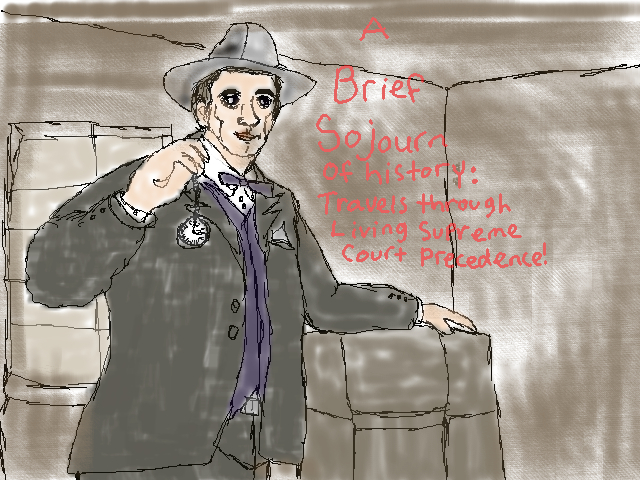Well, I have some interesting news. I’m been languishing at a part-time, dead-end legal job for quite some time now, and was beginning to wonder whether there would ever be any hope whatever of getting out of the situation that I have been stuck in for all this time. I had an interview with a prospective governmental agency, and I felt the interview went well. That being said, this is a department of the Federal Government that I’m speaking of, and they’re not exactly known for being fast.
A month or two rolls by, and no posting of the job on the federal work site. I figured that it probably went to some one who had seniority, and was looking to return to this particular agency, or had, in some way found themselves reemployed with the agency in question. Needless to say, my hopes for getting the job were dashed, after two months had passed. However, in my e-mail yesterday I find a message from the attorney I interviewed with. She informed me that no veteran attorneys have taken the position, and that she’ll give me a heads up right before it goes on the market. (Meaning I get top dibs on shoving my resume in the face of the unfortunate task-masters faced with choosing who becomes their next profit-slave!)
While it doesn’t mean that the job is a sure fire thing, as it most assuredly isn’t, it does mean that I have my foot in the door for a prospective...meaningful and full time employment position...for the first time since I actually got my damned bar card. I’m looking forward to the chances for expanding my horizons, even though it will mean moving away, and finding an apartment in a new city without much time. But, that’s something I can live with, if I’m finally making enough money to pay down my old law school loans...or, even better, since this is a federal position...have the Stafford loans forgiven all together!
That would certainly go a long way towards making my life a whole hell of a lot easier. I’ve enjoyed having time to spend writing and researching and doing God knows what else I do...and can’t remember at the moment. But, I trained to be an attorney, and I really do want to put that to good use. More so than I have in these past two years. My God, I can’t believe it’s been two years―there or abouts―since I got licensed, and three years since I graduated from law school.
It does seem that time moves faster as you get further into the so-called “real world”. Still, I’m happy that this progress is finally starting to happen for me, as I was beginning to wonder whether things would ever improve. One would think that law jobs would be flying off the shelves. But, that’s not really the case in the modern scene. For instance, when I first entered the slum...er halls of law school, graduating law students had a 91% employment rate! Fantastic right?
Well, that was back in 2008. That autumn, the financial sector decided that it would be sorta cool to crash. Well, it did...and by the summer of 2009, the employment rate of recent law school graduates had dropped to 62%. Ouch! But, that was still better than most of the projections, and surely things would turn around by the time I graduated (Oh...ever the optimist!).
Of course, it didn’t. And, the employment rate of recently graduated attorneys by the time I graduated had dropped from the 62% mentioned above...to an abysmal rate of 45%, and has been on a steady decline ever since. Thus, things are looking horribly bleak. That aside, I am not one to give up. I didn’t go through three years of hell to accept mere mediocrity for myself. Money isn’t that much of an issue for me. But, I do have to be able to make enough for ends to meet, otherwise it’s a losing scenario, not just for me, but for my clients as well, as they deserve comfortable office surroundings and accommodations so that I can meet their needs.
All I can say is, I have my fingers crossed that this one will pull through; but, at the same time I’m not holding my breath over it, because the likelihood of it falling through are still high enough...and at the rate that the Federal Government moves, I’d be long past dead by the time any word of yea or nay ever reaches me. Such is life. It’s still one hell of a ride.



 Your support makes Blue Moon possible (Patreon)
Your support makes Blue Moon possible (Patreon)


